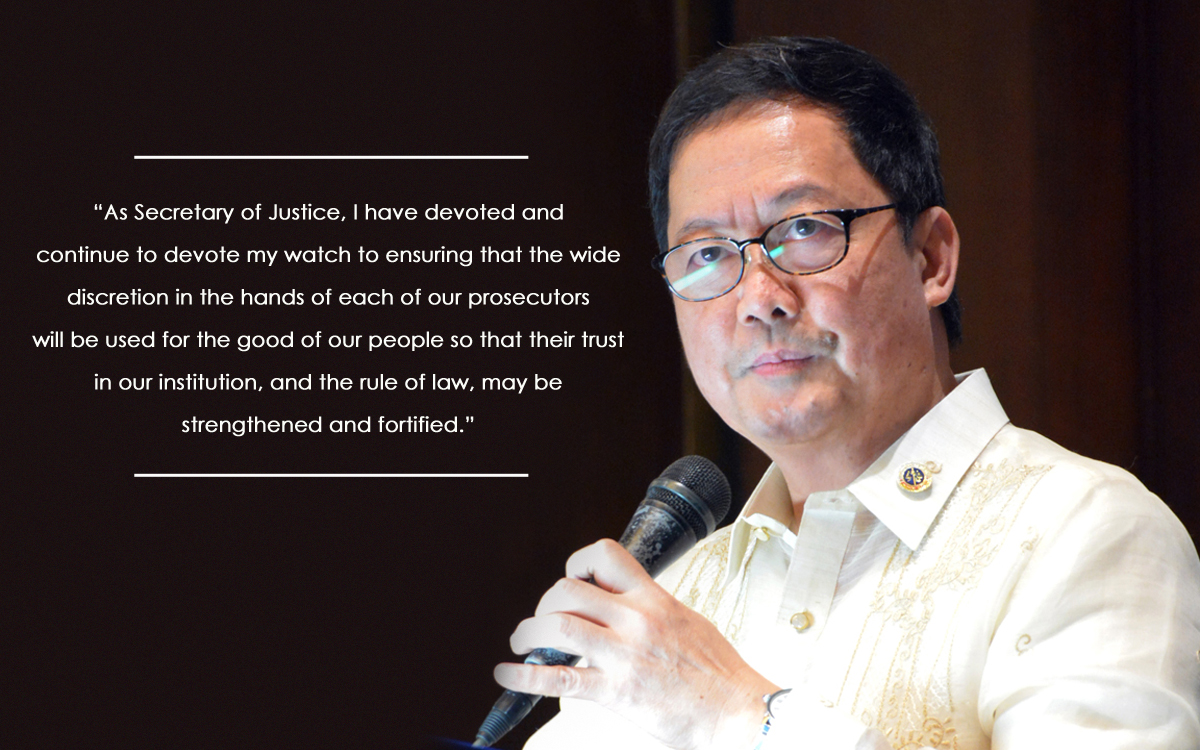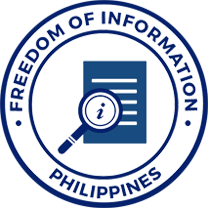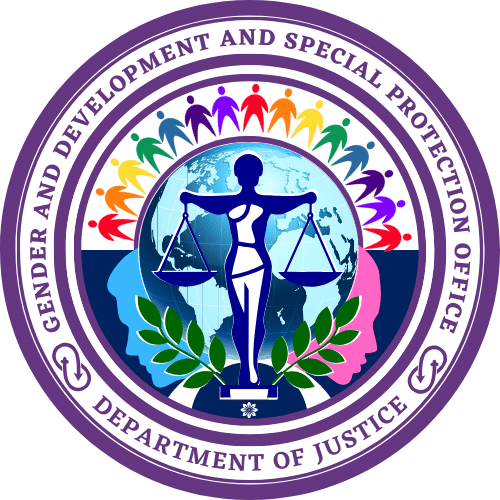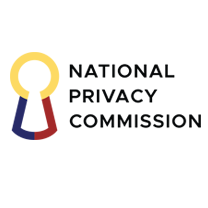The office of the prosecutor remains as one of the most powerful in the bureaucracy.
While law defines crimes, the decision as to which cases fit the law's definition and to ultimately bring to trial those who probably transgressed what the law forbids lies with the office of the prosecutor.
The power to accuse and prosecute is not to be taken lightly.
A prosecutor's decision to file - or not to file - an information before a court of law has effects that ripple through the lives of people, the functioning of our institutions, and the peace and quiet of our communities.
Such a decision may avenge victims of injustice, or conversely condemn the innocent and thereby perpetuate an injustice.
It may unnecessarily clog a court's docket, or grant disputants their day in court, and more importantly, create opportunities for our jurisprudence to be enriched, and for our understanding of the law and how it advances society's collective interests to deepen.
Such a decision may halt, or alternatively, allow criminals free to roam our streets and communities.
A prosecutor's decision implicates the way our people perceive and experience justice, the pace with which our law and legal institutions attain maturity, and the peace and tranquility of our society.
A prosecutor's power is made more potent by the breadth of discretion granted to its wielder.
Prosecutorial discretion, despite the limits imposed by law, remains wide.
It gives each prosecutor the option to sift through evidence, evaluate their admissibility, and assign to them evidentiary weight.
To presume that each of these processes is completely insulated from abuse would be pure naivete, and may unwittingly promote prosecutorial indiscretion.
While existing mechanisms and systems permit the review of erroneous decisions, preventing, detecting and punishing indiscretions in the face of significant and oftentimes serious limitations remain a pressing challenge.
Likewise, the stringent requirements for judicial review of this discretionary power under Rule 65 of our Revised Rules of Court does not guard against every abuse.
For as we all know, only grave abuses amounting to a jurisdictional infirmity are correctible by the writ of certiorari.
Such extraordinary remedy, while of unquestionable importance, presents no panacea to each and every type of abuse or indiscretion.
Because of these, among other reasons, every citizen, no matter his or her station in life, has a real interest and an unmistakable stake in every decision handed down by every prosecutor.
As Secretary of Justice, I have devoted and continue to devote my watch to ensuring that the wide discretion in the hands of each of our prosecutors will be used for the good of our people so that their trust in our institution, and the rule of law, may be strengthened and fortified.
I have worked to ensure that the mechanism of petitions for review to the Secretary of Justice will not only efficiently address the huge backlog; more importantly, my aim has been to transform the process of review as a means by which we enrich our understanding of the law.
A case decongestion project has been launched as early as two months ago to resolve the huge number of untouched petitions for review that we inherited from the past.
When I assumed the position of Justice Secretary, over ten thousand cases - in fact estimates peg the number at close to fifteen thousand - have yet to be resolved.
That such a huge backlog exists is worrisome.
That backlog includes cases involving victims denied of justice.
They are denied justice either because their complaints had been wrongfully dismissed or because they had been denied, by circumstance, or shortage of resources, or by some other cause, a proper defense at the preliminary investigation level.
That the appealed cases of those denied justice have for so long languished in our docket constitutes a travesty which I hope to address.
In addition to addressing this injustice, the body of decisions we hope to release should provide guidance to our prosecutors in how they ought to exercise the discretion entrusted to them.
This should lessen, if not altogether remove, future incidence of injustice from the hands of uncaring prosecutors.
In addition, the Department of Justice will soon launch the Philippine Crime Index.
This index contains, among others, a complete and updated list of all crimes and the elements that constitute these crimes.
It will be accessible online, and should be an important tool to ensure that every information filed by our prosecutors in court is less prone to quashal.
Our special programs have also updated and intensified trainings to help our prosecutors understand new developments in specialized areas of the law.
Cases involving cybercrime and anti-competitive behavior, among others, are on the rise.
Unfortunately, knowledge in these highly specialized fields of the law trails the sophistication employed by offenders in the commission of these crimes.
We hope to close the gap between prosecutorial knowledge and the sophistication in the commission of these crimes through trainings and capacity building.
But more than these trainings, the Secretariats of our special programs for at least these two areas of our criminal law have started collecting disaggregated data that should allow us a better understanding of the types and complexion of the cases filed at our prosecution offices and our courts.
This data will permit us to identify where help is most needed, so that we may deploy experts to assist those who handle these cases, whether during preliminary investigation or actual prosecution.
These, among others, should go a long way in ensuring that lack of knowledge or skill does not cause prosecutorial discretion to morph into indiscretion.
In the end, however, what effectively canalizes the potent power and discretion in the hands of a prosecutor is integrity.
Our moral compass, and an unshaking resolve to abide by what is right and just should effectively prevent the use of prosecutorial discretion from running roughshod.
As I said, the office of the prosecutor remains as one of the most powerful in the bureaucracy, and until our system of criminal justice changes, it will be so for a long time.
Such power, to be an instrument for good, must remain in the hands of those who recognize the great damage that it can have, if abused, in the lives of people and in the functioning of our society, and likewise in the hands of those who are ready to wield such power to ensure, at whatever cost, that justice is done to everyone. Remember our battlecry: JUSTITIA PAX OPUS.
Thank you and I wish you a pleasant and fruitful convention!








